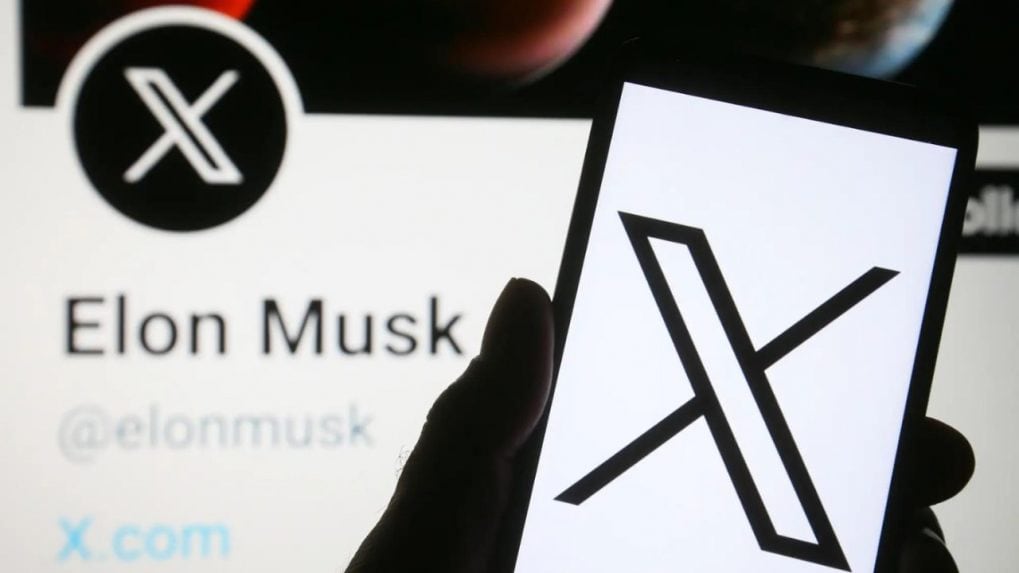X to challenge Karnataka HC order allowing police takedown powers through ‘Sahyog’ portal
Platform says regime bypasses due process, and violates constitutional rights.
ADVERTISEMENT
Social media platform X (formerly Twitter) has said it will appeal against a Karnataka High Court order that upholds the use of a new state portal, Sahyog, which empowers police officers across India to issue takedown requests for online content.
In a statement, X said it is “deeply concerned” that the system enables “millions of police officers” to demand removals on the basis of alleged illegality, without judicial review or due process for the speakers.
X is deeply concerned by the recent order from the Karnataka court in India, which will allow millions of police officers to issue arbitrary takedown orders through a secretive online portal called the Sahyog. This new regime has no basis in the law, circumvents Section 69A of…
— Global Government Affairs (@GlobalAffairs) September 29, 2025
The company argued that the framework circumvents Section 69A of the Information Technology Act, goes against past Supreme Court rulings, and threatens platforms with criminal liability for non-compliance.
“This new regime has no basis in the law… and infringes Indian citizens’ constitutional rights to freedom of speech and expression,” X said, adding that it contributes to public discourse in India and should not be barred from raising constitutional concerns because of its foreign incorporation. The platform called the order inconsistent with a recent Bombay High Court ruling striking down a similar regime as unconstitutional.
Read more: Centre's safe harbour framework 'Sahyog' becoming a censorship apparatus? Experts weigh in
"The Sahyog enables officers to order content removal based solely on allegations of “illegality,” without judicial review or due process for the speakers, and threatens platforms with criminal liability for non-compliance," the social media platform said.
It added, "X respects and complies with Indian law, but this order fails to address the core constitutional issues in our challenge and is inconsistent with the Bombay High Court's recent ruling that a similar regime was unconstitutional. We respectfully disagree with the view that we have no right to raise these concerns because of our incorporation abroad—X contributes significantly to public discourse in India and the voice of our users is at the heart of our platform.
We will appeal this order to defend free expression."
The development comes just a week after Justice M. Nagaprasanna of the Karnataka High Court raised alarm over the scale of harassment and gender-based violence proliferating on social media platforms. He said anonymity and distance embolden perpetrators, while jurisdictional barriers and limited laws make enforcement difficult.
Read more: "Social media cannot be left in a state of anarchic freedom": Karnataka HC rejects X Corp plea
Quoting World Bank data, the judge noted that only 30% of countries have laws protecting against cyber harassment, leaving more than half of women globally without legal protection. He criticized India’s existing laws for their paternalistic approach, narrow definitions of privacy, and failure to adequately address threats such as deepfakes, AI-driven data breaches, and non-consensual imagery.
“The paternalist approach followed by law-enforcement and law-making agencies focuses on morality and has failed to consider the concerns relating to the safety of women and children online,” Justice Nagaprasanna observed, citing the recent outrage over a Holi video on the Delhi Metro as an example of misplaced discourse.
Read more: “Fountainhead of misinformation”: Karnataka HC slams social media algorithms behind fake news
Justice Nagaprasanna also argued in his ruling that X was not in a position to take umbrage under constitutional guarantees as its parent, X Corp., is a foreign company, and that social media companies needed to be regulated.
In his 351 page judgement, he drew attention to the real-world consequences of such unchecked misinformation. It recalled how mob lynchings had been triggered by viral rumours about child kidnappers circulated on WhatsApp and Facebook. Similarly, communal tensions had been sparked by fabricated hate speech targeting specific groups. During demonetisation in 2016, public panic spread when false messages claimed that new currency notes carried microchips for tracking.
The court also referred to COVID-19 disinformation, pointing out that messages had circulated dismissing the pandemic as a hoax, encouraging people to defy lockdown measures, and spreading unfounded fears about vaccines being unsafe.


